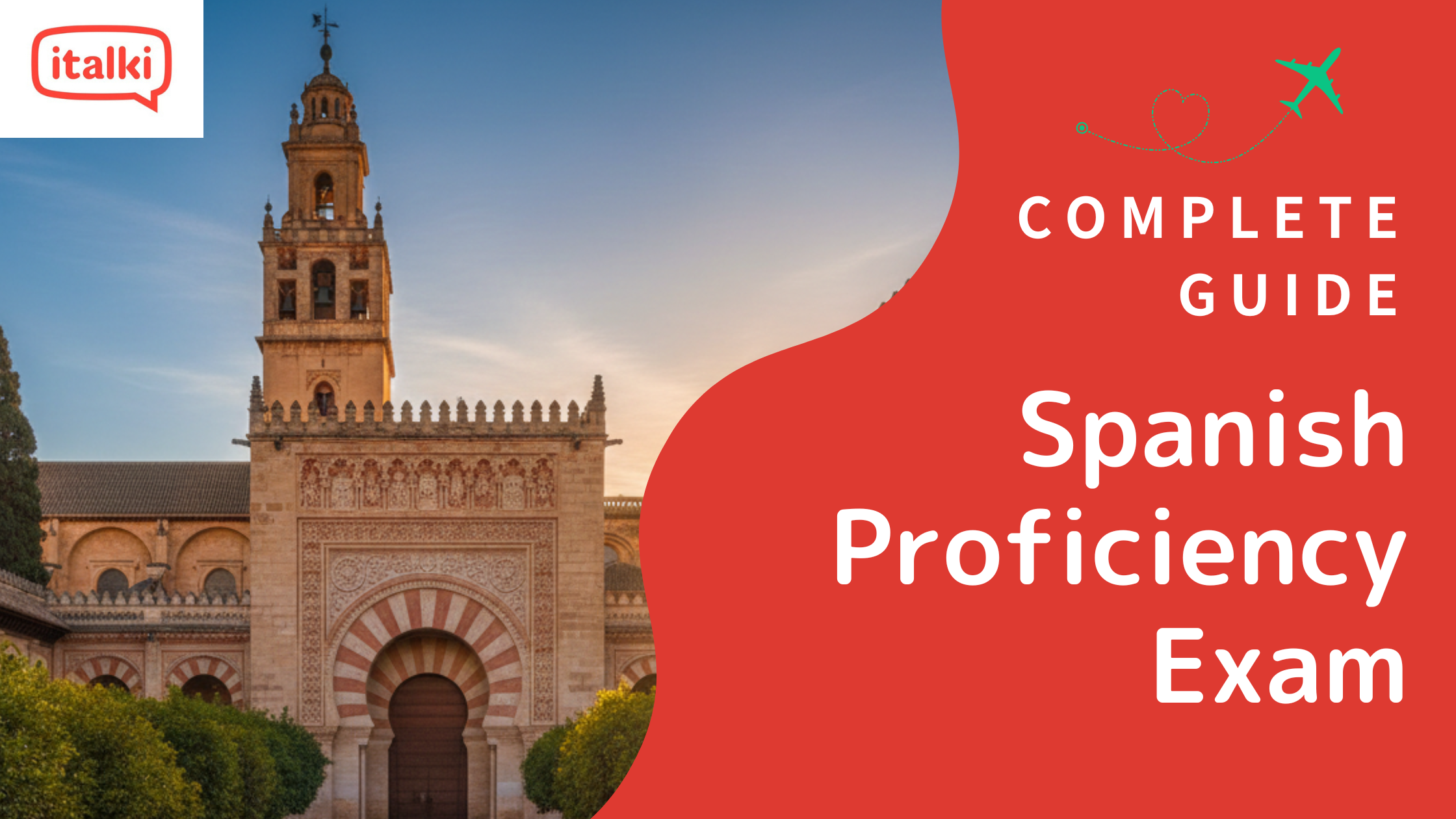If you are a beginner in Chinese, you will want to learn the months in Chinese. Learning the Chinese month’s name in Mandarin will help you understand their calendar and will also help you improve your vocabulary.
Learning calendar months in Chinese will help you explain when a particular event occurs on the basis of the Gregorian calendar and will also give you a feel about Chinese special dates and celebrations associated with them.
The Chinese date system runs backwards from English (year, then month, then day), and holidays follow the lunar calendar while modern dates use the Gregorian system. A Chinese tutor can clarify when to use 日 (rì, formal “day”) versus 号 (hào, informal “day”) for dates, and why saying “next month” as 下个月 (xià gè yuè) versus 下月 (xià yuè) changes the formality level.
The calendar months in Chinese
一月 (yī yuè) – January
Although Lunar New Year is the most important holiday in China, the Chinese government sees January 1 as a public holiday.
二月 (èr yuè) – February
The date of the Chinese New Year can range from the end of January to the middle of February, depending on the lunar calendar.
While the Spring Festival officially ends after a week, celebrations usually last another week, culminating with the Lantern Festival.
三月 (sān yuè) – March
March is considered to be the first month of spring in China. If you want to be able to read and write Chinese, you need to learn Chinese characters and how natives structure their sentences.
As a beginner, these names of the months in Chinese may appear difficult to you but if you learn the Chinese writing system, it will become easier for you to be able to write these words easily.
四月 (sì yuè) – April
Following Chinese New Year, the Qingming Festival is observed, during which people pay their respects to their deceased ancestors. It is a great event to highlight the importance of relationships and pay tribute to the ones who left the world.
This event is normally observed on April 4th, of every year.
五月 (wǔ yuè) – May
The two most notable May dates are Labor Day and the relatively new addition of Chinese Internet Valentine’s Day. The number 5.20 in Mandarin is a homophone of 我爱你 (wǒ ài nǐ), meaning “I love you” in Chinese.
Labor Day is celebrated on May 20 while the Chinese Internet Valentine’s Day is observed on May 20th.
六月 (liù yuè) – June
In China, June marks the start of summer. The month’s main holiday is the Dragon Boat Festival, which is also known as Poet’s Day.
This festival is famous all over the world. In fact, many people around the world get fascinated when seeing such big dragons, the use of vibrant colors in the celebrations, and how Chinese people celebrate it.
七月 (qī yuè) – July
Normally, the summer holidays start in early July every year. This is the time of the year when children get off to relax and have a good time with their family members.
八月 (bā yuè) – August
August is jam-packed with holidays. Soldiers usually get a half-day off for Army Day. Although they recognize International Fathers’ Day, China has its own holiday.
Because the date, 8.8 (8th August) or 八八 (bābā), which is a homophone of 爸爸 (bà bà), meaning “dad,” August 8 seemed like an appropriate date to celebrate all the fathers out there.
Other important Chinese celebrations in the month of August are Chinese Valentine’s Day, as well as the Ghost Festival (the day that spirits are said to roam the Earth).
九月 (jiǔ yuè) – September
In China, September marks the start of autumn. By early September, all schools resume their classes. The Mid-Autumn Festival, also known as the Mooncake Festival, is the month’s major holiday.
十月 (shí yuè) – October
National Day, which marks the start of the Golden Week, is China’s second most important holiday. The Double Ninth Festival is another October holiday that involves drinking chrysanthemum wine and climbing mountains or towers.
十一月 (shíyī yuè) – November
With the number 11 resembling bare sticks, 11.11 began as an anti-Day Valentine’s protest at Nanjing University in the 1990s. It has since grown to be the country’s and the world’s largest online shopping event.
十二月 (shí’èr yuè) – December
In China, December marks the start of the winter season, with the winter solstice falling on December 21st.
These were months in Chinese and the famous holidays associated with them. If you are studying Chinese and want to have organized and detailed supervision, do visit italki. With just a few clicks, you will get associated with Chinese teachers who will help you improve your Chinese vocabulary as well as reading and writing skills.

Find Your Perfect Teacher
At italki, you can find your Chinese tutor from all qualified and experienced teachers. Now experience the excellent language learning journey!
Book a trial lesson
Now let us move towards some useful Chinese phrases discussing the months in Chinese.
Date notation in Chinese
To say the dates in Chinese, the following terms are used:
- 年 (nián) — year
- 月 (yuè) — month
- 日 (rì) — day
If your birthday is July 15, 1990, your birthday in Chinese would be 一九九零年七月十五日 (yījiǔjiǔ líng nián qī yuè shíwǔ rì), which you can simplify to 1990年7月15日.
Additionally, you can say 号 (hào) instead of 日 when talking about the date. 号 is much more common in native speakers.
Terms related to months
What if you want to discuss general dates or current events? The following are some key terms for discussing appointments, past and future events, and recurring commitments.
Talking about previous months:
- 上(个)月 (shàng [gè] yuè) — last month
- 上(个)月初 (shàng [gè] yuèchū) — early last month
- 上(个)月下旬 (shàng [gè] yuè xiàxún) — late last month
- 六个月前 (liù gè yuè qián) — six months ago
Discussing this month:
- 这(个)月 (zhè[gè] yuè) — this month
- 本月 (běn yuè) — current/this month
- 本月初 (běn yuèchū) — early this month
- 本月晚些时候 (běn yuè wǎn xiē shíhòu) — later this month
Planning for the following months:
- 下(个)月 (xià [gè] yuè) — next month
- 下(个)月初 (xià [gè] yuèchū) — early next month
- 下(个)月下旬 (xià [gè] yuè xiàxún) — late next month
- 六个月后 (liù gè yuè hòu) — in six months’ time, six months from now
Recurring events:
- 每(个)月 (měi [gè] yuè) — every month
- 每月一次 (měi yuè yīcì) — monthly
- 双月 (shuāng yuè) — bimonthly, every two months, every other month
- 半月刊 (bànyuèkān) — semimonthly, twice a month
- 每六个月一次 (měi liù gè yuè yīcì) — once every six months
- 每月五日/号 (měi yuè wǔ rì/hào) — every fifth of the month
- 每年二月 (měinián èr yuè) — every February
Learning these words will help you initiate Chinese conversations with high confidence as these are some of the words that are widely used in daily routine conversations.
Now lets us have a quick look at the Chinese lunar calendar.
1. 正月 (zhēngyuè) — First Month
陬月 (zōuyuè) — Corner Month
寅月 (yínyuè) — Tiger Month
2. 二月 (èr yuè) — Second Month
杏月 (xìngyuè) — Apricot Month
卯月 (mǎoyuè) — Rabbit Month
3. 三月 (sān yuè) — Third Month
桃月 (táoyuè) — Peach Month
辰月 (chényuè) — Dragon Month
4. 四月 (sì yuè) — Fourth Month
梅月 (méiyuè) — Plum Flower Month
巳月 (sìyuè) — Snake Month
5. 五月 (wǔ yuè) — Fifth Month
榴月 (liúyuè) — Pomegranate Flower Month
午月 (wǔyuè) — Horse Month
6. 六月 (liù yuè) — Sixth Month
荷月 (héyuè) — Lotus Month
未月 (wèiyuè) — Goat Month
7. 七月 (qī yuè) — Seventh Month
兰月 (lányuè) — Orchid Month
申月 (shēnyuè) — Monkey Month
8. 八月 (bā yuè) — August
桂月 (guìyuè) — Osmanthus Month
酉月 (yǒuyuè) — Rooster Month
9. 九月 (jiǔ yuè) — September
菊月 (júyuè) — Chrysanthemum Month
戌月 (xūyuè) — Dog Month
10. 十月 (shí yuè) — October
露月 (lùyuè) — Dew Month
亥月 (hàiyuè) — Pig Month
11. 十一月 (shíyī yuè) — November
冬月 (dōngyuè) — Winter Month
子月 (zǐyuè) — Rat Month
12. 腊月 (làyuè) — End-of-the-Year Month, Preserved Meat Month
冰月 (bīngyuè) — Ice Month
丑月 (chǒuyuè) — Ox Month
Conclusion
You should now be able to not only write and speak about the date in Chinese, but also have discussions about events related to specific months. If you are looking for some of the fun ways to learn Chinese, you can refer to Chinese jokes, funny Chinese media resources such as books, videos and comics etc.
While listening to people having a conversation in Chinese, try to observe their talking patterns and how they pronounce different words. This exercise will help you learn Chinese easily.
Dates come up constantly in conversation, from scheduling meetings to discussing holidays. The challenge isn’t memorizing 一月 through 十二月, it’s knowing how to naturally say “early next month” or “every other month” without sounding textbook-stiff.
Chinese tutors drill these practical date phrases through real scheduling scenarios, and Chinese tutoring gives you feedback when you mix up 上个月 (shàng gè yuè, “last month”) and 下个月 (xià gè yuè, “next month”).
Over 5 million learners trust italki for language learning. Book a trial lesson today and start using Chinese dates in real conversations, not just vocabulary lists.
Want to learn a language at italki?
Here are the best resources for you!

















